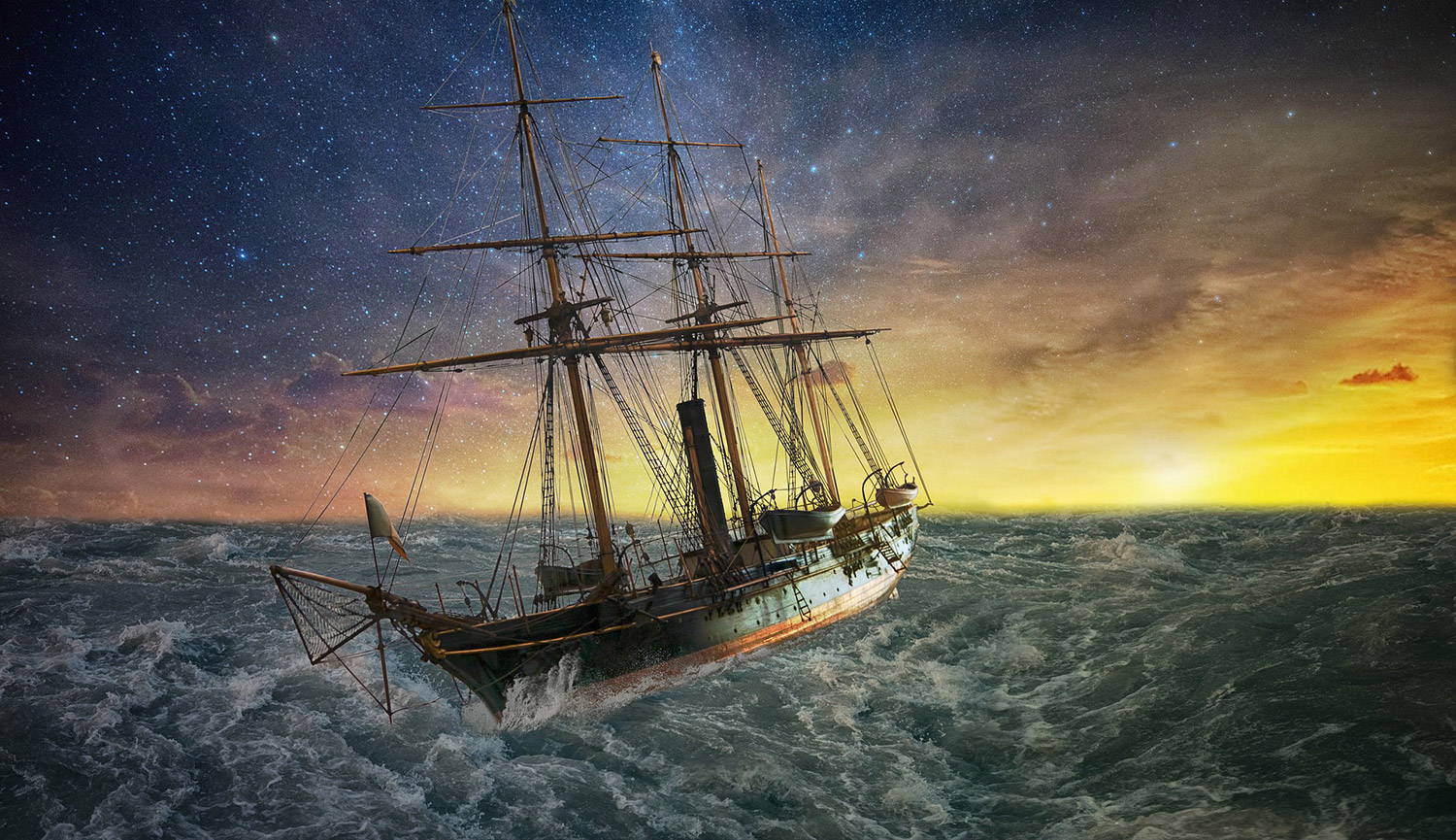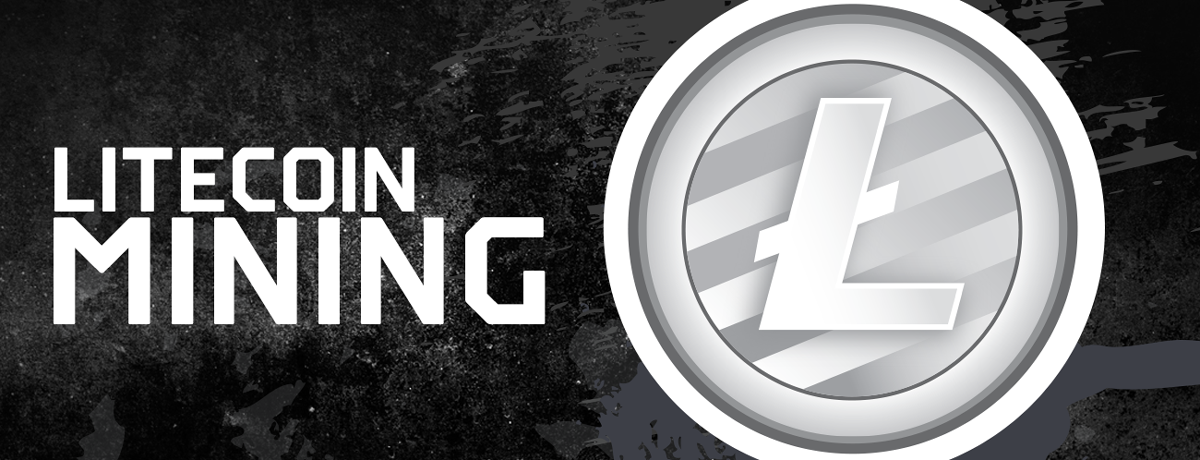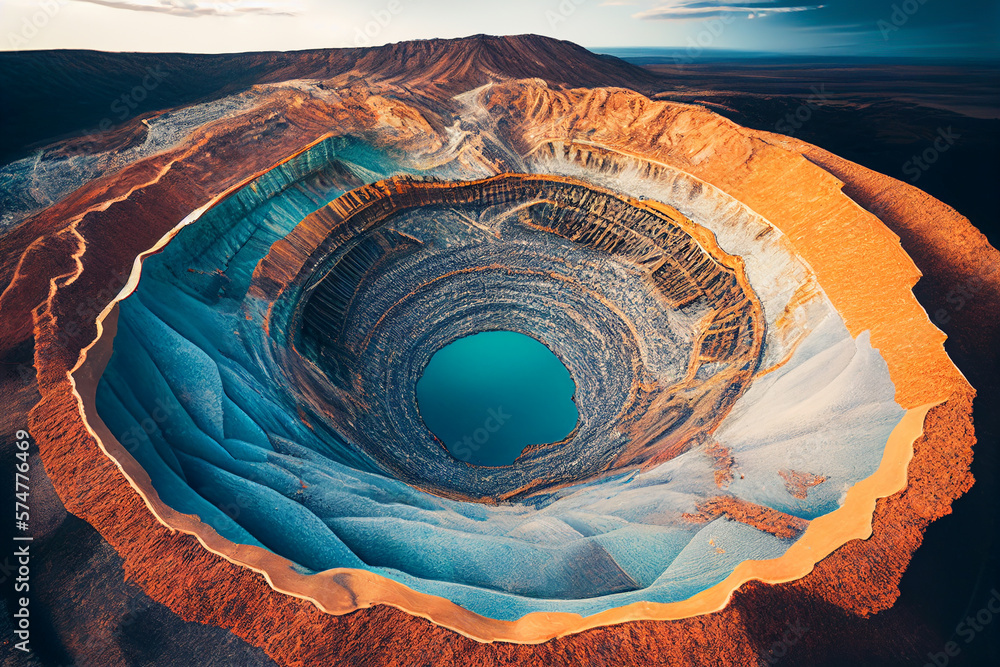Exploration is the act of traveling to unfamiliar places or discovering new things. It can be a physical journey to remote lands or a mental exploration of new ideas and concepts.
Types of Exploration
- Geographical Exploration: This involves traveling to new places and mapping out unknown territories. Explorers like Christopher Columbus and Ferdinand Magellan made significant contributions to geographical exploration.
- Scientific Exploration: This involves investigating the natural world and conducting research to discover new knowledge. Scientists explore everything from the depths of the ocean to the farthest reaches of space.
- Cultural Exploration: This involves learning about different cultures and traditions. Cultural explorers often travel to foreign countries to experience new customs and perspectives.
- Technological Exploration: This involves developing and using new technologies to explore the world around us. For example, the invention of the telescope allowed astronomers to explore the cosmos.
Benefits of Exploration
- Knowledge and Understanding: Exploration helps us to learn about the world around us and expand our knowledge.
- Economic Growth: Exploration can lead to the discovery of new resources and opportunities for economic development.
- Cultural Exchange: Exploration promotes cultural exchange and understanding between different peoples.
- Personal Growth: Exploration can be a rewarding personal experience that helps us to grow and develop as individuals.
Challenges of Exploration
- Risk: Exploration can be dangerous and involve significant risks. Explorers often face harsh conditions and the possibility of injury or death.
- Uncertainty: The unknown can be both exciting and daunting. Explorers must be prepared to face uncertainty and adapt to new situations.
- Ethical Considerations: Exploration can raise ethical questions about the impact on local communities and the environment.
Would you like to learn more about a specific type of exploration or a famous explorer?



